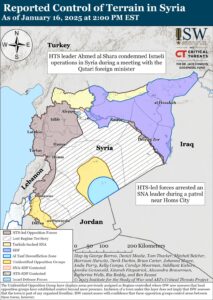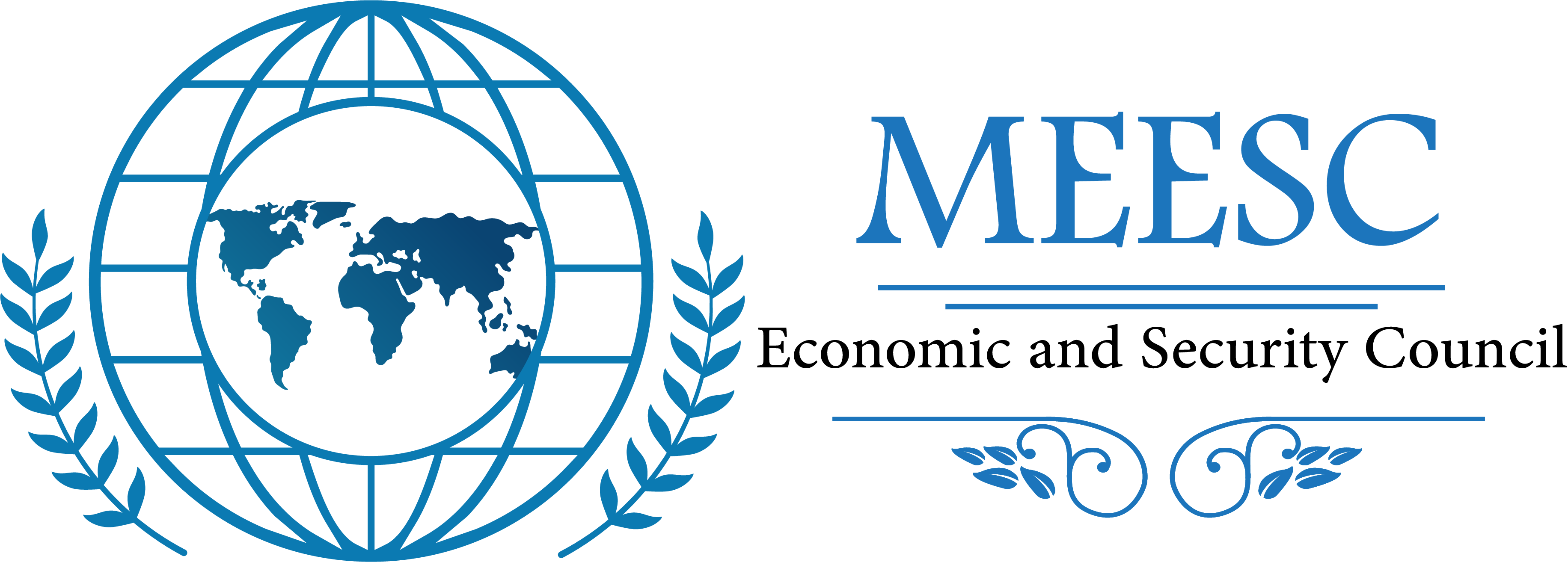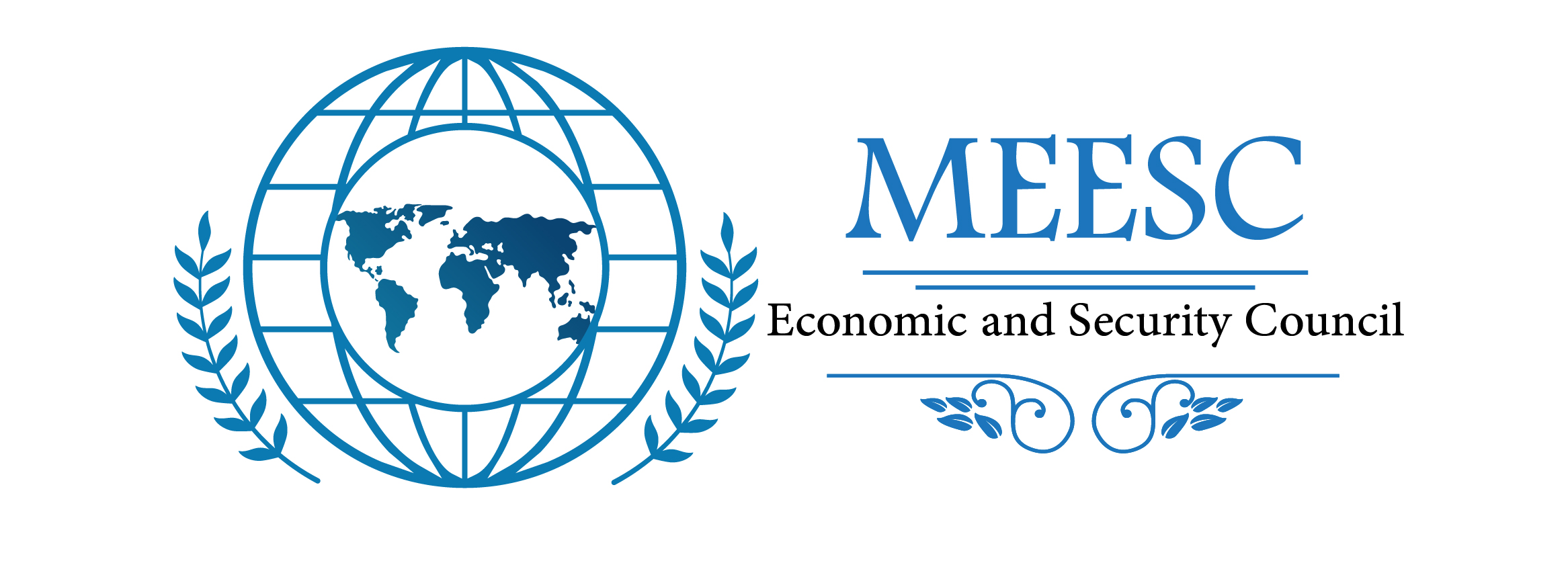How the (MEESC) Can Help Foster Peace Between Turkey and the Kurdish Region?

The complex relationship between Turkey and the Kurdish region has been marked by decades of tension, mistrust, and conflict. The root causes include historical grievances, cultural differences, and political disputes over sovereignty and security. However, a peaceful and cooperative relationship is not only desirable but necessary for regional stability and prosperity. The Middle East Economic and Security Council (MEESC) could play a pivotal role in facilitating this transformation, encouraging mutual respect, coexistence, and collaboration between Turkey and the Kurdish region.
The Current Challenges.
Turkey has long viewed Kurdish aspirations for autonomy or independence as a direct threat to its national security. This perception has fueled military interventions, political restrictions, and a lack of trust between Ankara and Kurdish leaders. On the other hand, Kurdish communities in Iraq, Syria, and Turkey have sought greater autonomy and recognition, often in the face of significant opposition.
These tensions have resulted in a cycle of violence and mistrust, with both sides perceiving the other as an existential threat. Meanwhile, the region remains mired in instability, economic underdevelopment, and a lack of opportunity for ordinary civilians caught in the crossfire.
How the MEESC Can Contribute.
The MEESC, as a platform dedicated to addressing the intersection of economic and security challenges in the Middle East, is uniquely positioned to mediate and propose innovative solutions to this longstanding conflict. Here are some ways the council can help:
1. Promoting Economic Integration
Economic collaboration can be a powerful tool for building trust and fostering peaceful coexistence. The MEESC can work to develop joint economic initiatives between Turkey and the Kurdish region, such as cross-border trade agreements, infrastructure projects, and energy cooperation. These efforts would create shared economic interests, reduce incentives for conflict, and improve the livelihoods of people on both sides.
2. Facilitating Dialogue and Confidence-Building:
The MEESC can serve as a neutral platform for dialogue between Turkish and Kurdish leaders, civil society organizations, and international stakeholders. Through workshops, conferences, and private meetings, the council can encourage open and constructive discussions about mutual concerns, including security, political rights, and cultural recognition.
Confidence-building measures, such as local ceasefires, prisoner exchanges, and assurances of cultural rights for Kurds in Turkey, can also be promoted to reduce tensions and lay the groundwork for long-term peace.
3. Encouraging Turkey to View the Kurdish Region as a Civilian Entity.
One of the primary barriers to peace is Turkey’s perception of Kurdish-controlled regions as militant strongholds. The MEESC can advocate for policies that emphasize the civilian and governance aspects of the Kurdish region, showcasing its potential as a stable, prosperous, and cooperative neighbor.
The council can facilitate third-party monitoring mechanisms to ensure that Kurdish regions do not harbor threats to Turkey’s security, while simultaneously advocating for Turkey to respect the Kurdish population’s right to self-governance and cultural expression.
4. Leveraging International Partnerships
The MEESC can collaborate with international actors, including the United States, the European Union, and the United Nations, to mediate between Turkey and the
Kurdish region. By aligning regional goals with broader international frameworks for peace and security, the council can amplify its impact and encourage Turkey and Kurdish leaders to prioritize diplomacy over conflict.
5. Advancing Humanitarian Goals.
The MEESC can promote initiatives aimed at improving the quality of life for civilians in the Kurdish region, such as access to education, healthcare, and economic opportunities. These efforts would not only address immediate humanitarian needs but also demonstrate the benefits of peace and cooperation to local populations.
The Path Forward
For Turkey and the Kurdish region, the road to peace and mutual respect will not be easy. However, with sustained efforts and a focus on shared goals, a cooperative future is possible. The MEESC can act as a catalyst for this transformation by encouraging dialogue, fostering economic integration, and promoting policies that emphasize coexistence over conflict.
By addressing the underlying causes of mistrust and creating opportunities for collaboration, the MEESC can help shift the narrative from one of hostility to one of partnership. Such a shift would not only benefit Turkey and the Kurdish region but also contribute to the stability and prosperity of the entire Middle East.
Conclusion:
The Middle East Economic and Security Council has the potential to be a transformative force in resolving one of the region’s most challenging conflicts. Through innovative approaches, international collaboration, and a commitment to dialogue, the MEESC can help Turkey and the Kurdish region move beyond their historical grievances and build a future rooted in peace and mutual respect.

